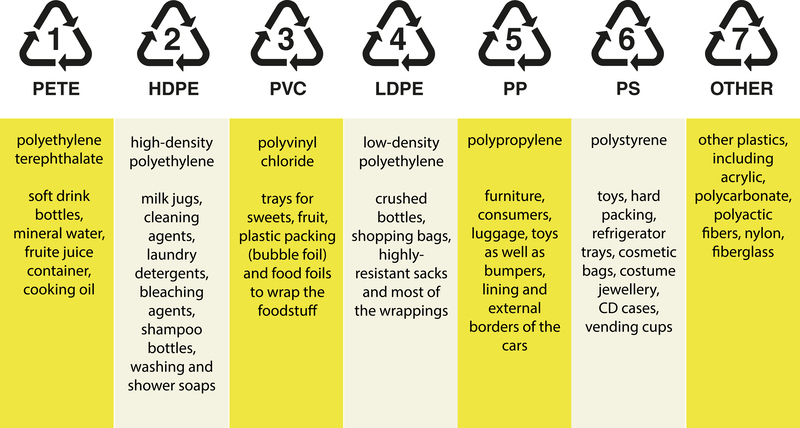The Environmental Toll of Inadequate Waste Disposal
As the global population continues to rise, the issue of waste management grows exponentially complex. Improper waste disposal poses serious environmental consequences that affect not only our natural surroundings but also our health and economic well-being. This comprehensive look into the environmental toll of inadequate waste disposal explores the causes, consequences, and potential solutions to this pressing problem.
The Causes of Inadequate Waste Disposal
Before delving into the environmental impacts, it's essential to understand why waste disposal systems sometimes fail.
Insufficient Infrastructure and Resources
Many regions worldwide lack the necessary infrastructure or resources to handle waste properly. This absence often leads to open dumping and inefficient waste collection processes.
- Developing countries: These areas frequently have limited access to modern waste management facilities.
- Rural communities: These populations may not be prioritized for municipal waste collection services.
Lack of Public Awareness
The public's understanding of waste management's importance can significantly impact how society handles waste.
- Lack of education: Insufficient awareness and education about waste disposal practices can lead to improper disposal methods.
- Consumer behavior: The continuous demand for single-use products contributes to increased waste production.

The Environmental Effects of Poor Waste Disposal
Poor waste management has far-reaching consequences on the environment that can disrupt ecosystems and biodiversity.
Pollution of Land and Water
Improperly disposed waste is a significant source of pollutants in both terrestrial and aquatic ecosystems.
- Soil contamination: Hazardous waste can leach into the soil, affecting plant growth and organisms within the ecosystem.
- Water pollution: Runoff from waste sites can lead to the contamination of water bodies, affecting marine life and human water supplies.
Air Quality Deterioration
When waste is not managed correctly, it can contribute to air pollution, posing a risk to both humans and wildlife.
- Burning of waste: This practice releases toxic chemicals and greenhouse gases into the atmosphere.
- Methane emissions: Organic waste decomposition in landfills produces methane, a potent greenhouse gas contributing to climate change.
Impact on Wildlife and Biodiversity
Wildlife and ecosystems are severely affected by waste pollution.
- Ingestion and entanglement: Animals often mistake plastic waste for food or become entangled, leading to injury or death.
- Habitat destruction: Waste buildup can alter habitats, making them uninhabitable for native wildlife.
Health Risks Associated with Ineffective Waste Disposal
Inadequately disposed waste has implications for human health as well, posing multiple risks to communities worldwide.
Spread of Diseases
Poor waste management is a breeding ground for various diseases that affect large populations.
- Vector-borne diseases: Waste can attract rodents and insects that carry diseases like dengue and malaria.
- Respiratory issues: Inhalation of toxic fumes from improperly burned waste and landfills exacerbates respiratory problems.
Waterborne Diseases
Contaminated water sources due to poorly managed waste can lead to an array of waterborne diseases.
- Cholera: A direct result of consuming water contaminated with waste-borne bacteria.
- Dysentery: Typically caused by poor sanitation and contamination of drinking water.
Economic and Societal Implications
Beyond environmental and health impacts, inadequate waste disposal has economic ramifications.
Increased Costs
Poor waste management programs often lead to higher costs for governments and taxpayers.
- Cleanup and management: Additional funds are required to clean up and manage improperly disposed waste.
- Healthcare costs: Increased incidence of diseases due to waste pollution results in higher medical expenses.
Loss of Tourism Potential
Regions with poor waste disposal practices can suffer significant losses in tourism revenue.
- Environmental degradation: Tourists may avoid areas where natural beauty is compromised by waste.
- Public perception: Negative perceptions can deter tourists, impacting local communities economically.

Solutions to Improve Waste Management
Addressing the challenges of waste management requires a multipronged approach and community participation. Here are some strategies for effective waste management.
Policy Implementation and Enforcement
Governments must enforce regulations that ensure effective waste management practices.
- Stricter waste disposal laws: Implement laws that penalize polluters and ensure compliance with disposal practices.
- Incentives for recycling: Offer incentives for both businesses and individuals to participate in recycling programs.
Community Education and Engagement
Educating the public is crucial to changing behavior concerning waste disposal.
- Awareness campaigns: Run campaigns that highlight the importance and methods of proper waste disposal.
- Community initiatives: Involve communities in waste management projects and recycling events.
Technological Innovations
The development and use of technology can optimize waste management.
- Advanced recycling technologies: Invest in technologies that improve the efficiency and effectiveness of recycling processes.
- Waste-to-energy solutions: Implement plants that convert waste into energy, reducing landfill reliance.
Conclusion
The environmental toll of inadequate waste disposal extends far beyond the immediate pile of waste. Addressing this crisis requires a concerted effort from governments, communities, and individuals to implement sustainable practices that prioritize environmental health and safety. By focusing on infrastructure development, public education, and technological innovation, it's possible to protect our planet for future generations.